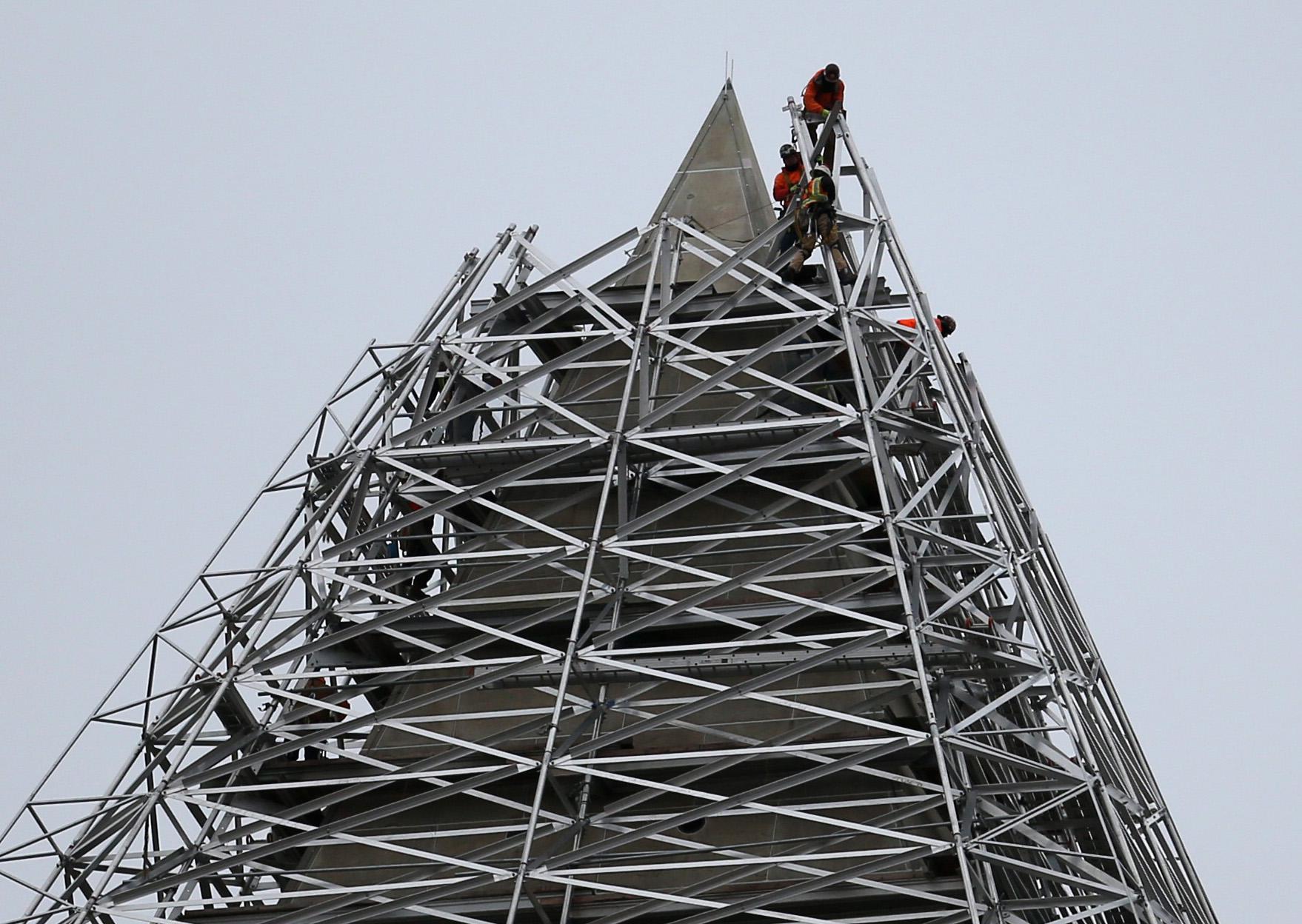I have a lot of thoughts about Sam Youngman’s essay “Take This Town and Shove It” about the pathologies of the D.C. journo and how he rediscovered the simple virtues of life and reporting by taking a job in Kentucky. A lot of those thoughts relate to the personal aspects of the article, but I actually want to take on the core point here. There is a lot of bad journalism about American politics happening in Washington, D.C., but I firmly believe that Washington, D.C., is far and away the best place to base yourself if you want to commit acts of journalism relating to American politics.
Here’s the thing about D.C.: Not everyone you meet in Los Angeles is a movie star. In fact, very few people in Los Angeles are actors at all. But the density of movie and television stars in Los Angeles is much higher than anyplace else in America.
By the same token, there is a drastically higher density of people who are deeply knowledgeable about one or more areas of public policy living inside the Beltway than anyplace else you’re going to go. If you’re going to meet someone at a social or professional event who knows all about the Multi-Fibre Arrangement or how Title I funding is allocated or what the Export-Important Bank does or how the Federal Transit Administration evaluates new projects or what the revenue implications are of a higher dividend tax rate versus capital gains tax rate, you’re probably going to do it in Washington. That lends a quality to the city that some people hate—lots of boring people nerding out about boring stuff—but I don’t think it makes all that much sense to write about American politics if you don’t find this stuff to be on some level interesting. After all, this is why it matters who wins the elections!
And while it is obviously possible to learn about these and other topics purely through research and distance-learning methods, in practice I think it’s hard. Google can be an enormously powerful weapon for confirmation bias, while chance encounters and deliberate face-to-face convenings are a powerful tool for disrupting it. And people—from civil servants to think-tankers to lobbyists to advocates of various kinds—can be a little more up front about their thinking in a conversation than in an official publication.
What’s true is that for most of the same reasons that D.C. has a regional specialization in deep knowledge of public policy issues, it also has a regional specialization in glib spin and nonsense. So it is perfectly possible to come here and fully immerse yourself in glib spin and nonsense. The solution to that is to not do it. And to be honest, part of the nature of the glib spin and nonsense is that it travels loud and clear much further than the deep policy understanding. It’s easy to assimilate your side’s best talking points from a distance and equally easy to encounter and be repulsed by the other side’s worst talking points. What’s hard to do from far away is actually learn from people with detailed knowledge. It’s genuinely unfortunate that so many D.C.-based writers and publications ill-serve their audience by focusing on a lot of gossip and trivia, but the best antidotes to that gossip and trivia are also right here in the nation’s capital. The policies are made here, and the world’s largest concentration of people who are knowledgeable about public policy are also here.
